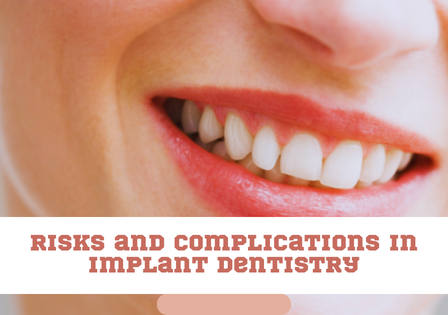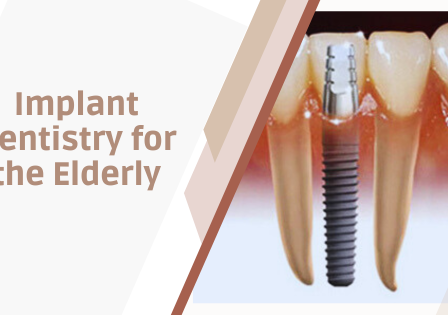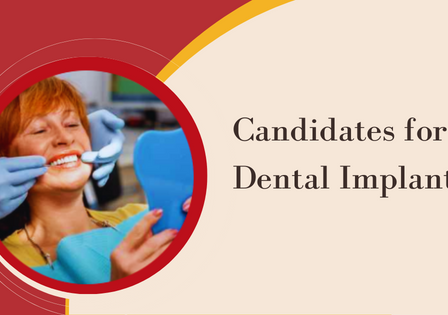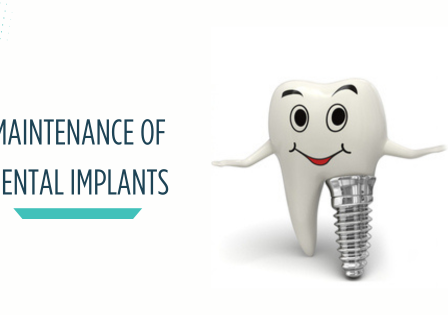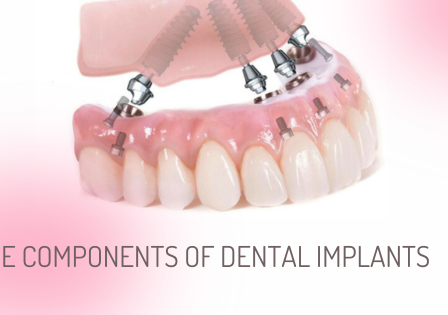While implant dentistry has evolved over the years to become a practical and effective treatment for missing teeth, like any medical procedure, it’s not entirely without risks and complications. From short-term complications like surgical infections to long-term issues like peri-implantitis, patients and dental professionals must be aware of potential hurdles and how to manage them.
Common Complications
Infection at The Implant Site
Post-operative infections are one of the most common issues with implant dentistry and they often occur as a result of poor sterilization techniques or post-operative care. Symptoms include swelling, pain, and redness at the implant site, pus, or the formation of an abscess. Management involves antibiotic therapy, adequate cleansing of the site, and in severe cases, implant removal may be necessary.
Nerve Damage
Nerve damage during dental implant surgery can lead to numbness, pain, or a tingling sensation in the natural teeth, gums, lips, or chin. It can result from surgical trauma where the implant is placed too close to the nerve. If these symptoms persist, it is vital to consult the dentist. In extreme cases, implant removal and replacement, or surgery may be required.
Sinus Problems
When dental implants placed in the upper jaw protrude into one of your sinus cavities, it could lead to sinusitis and other sinus-related problems. Signs that this is happening include pain or pressure in the sinus region. The intervention may involve a surgical procedure known as a ‘sinus lift’ to create more space.

Rare Complications
Implant Failure
Though relatively rare, dental implant failure can occur. Early failure, within the first few months, can be due to poor osseointegration—a process wherein the implant fuses with the bone. Causes might be inadequate bone density, premature bearing of load, or infection. Late failure, on the other hand, happens years after surgery and can be linked to bruxism (teeth grinding), poor oral hygiene, or peri-implantitis. In both cases, the failed implant may need to be removed, and the area should be cleaned before a new implant can be considered.
Peri-Implantitis
Peri-implantitis is a long-term complication that involves gum inflammation around the dental implant and loss of bone. Often associated with poor oral hygiene or tobacco use, it can lead to implant loss if not addressed promptly. Symptoms involve red and swollen gums, loose implant, or discomfort. Treatment options range from non-surgical therapies like cleaning and antibiotics to surgical removal of diseased tissue, followed by bone grafting.
Managing Risks and Complications
Many of these complications can either be prevented or managed successfully by adhering to proper aftercare instructions and maintaining a good oral hygiene routine. This includes regular brushing, flossing, and use of an antibacterial mouthwash. Regular dental visits for a check-up and professional cleaning are also essential. For those with habits like teeth grinding, a nightguard may be recommended to protect the implant.
Alarmingly, some factors that can significantly increase the risk of complications include lifestyle choices like smoking, which hampers healing and increases the risk of infection and implant failure. Maintenance of overall well-being and treatment of conditions like diabetes also contribute significantly to the success rate of implants.
Conclusion
In conclusion, while dental implants have an overall high success rate, potential risks and complications should not be overlooked. Awareness amongst patients about the signs and symptoms of complications, the importance of strict oral hygiene routines, and regular visits to the dentist, can ensure the longevity and success of dental implants, ultimately improving the patient’s quality of life.
